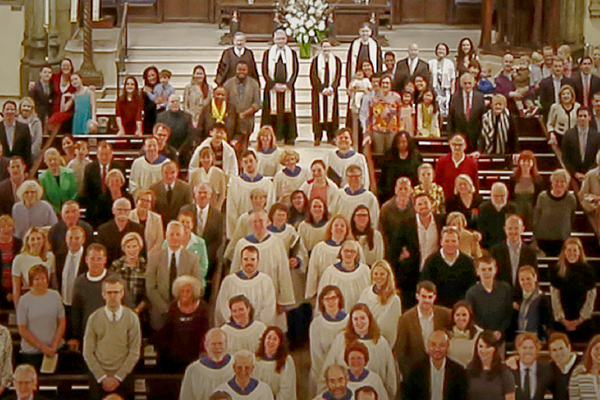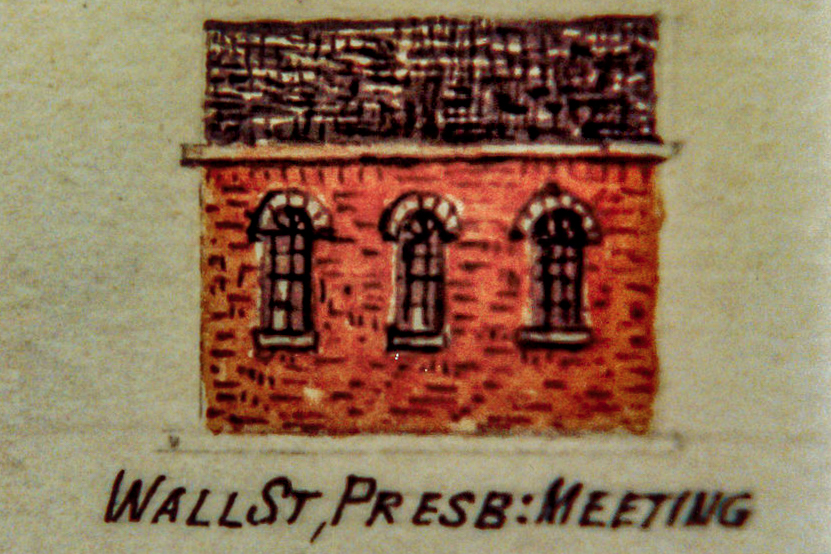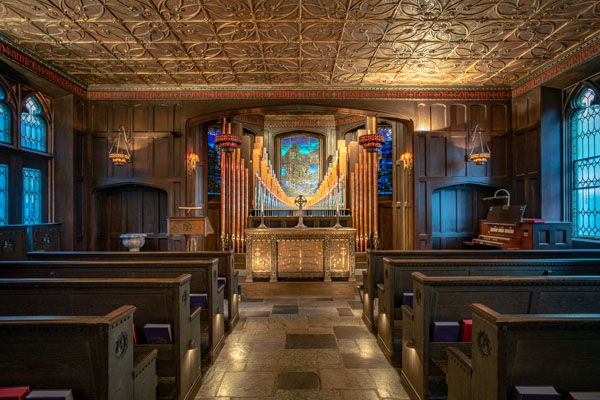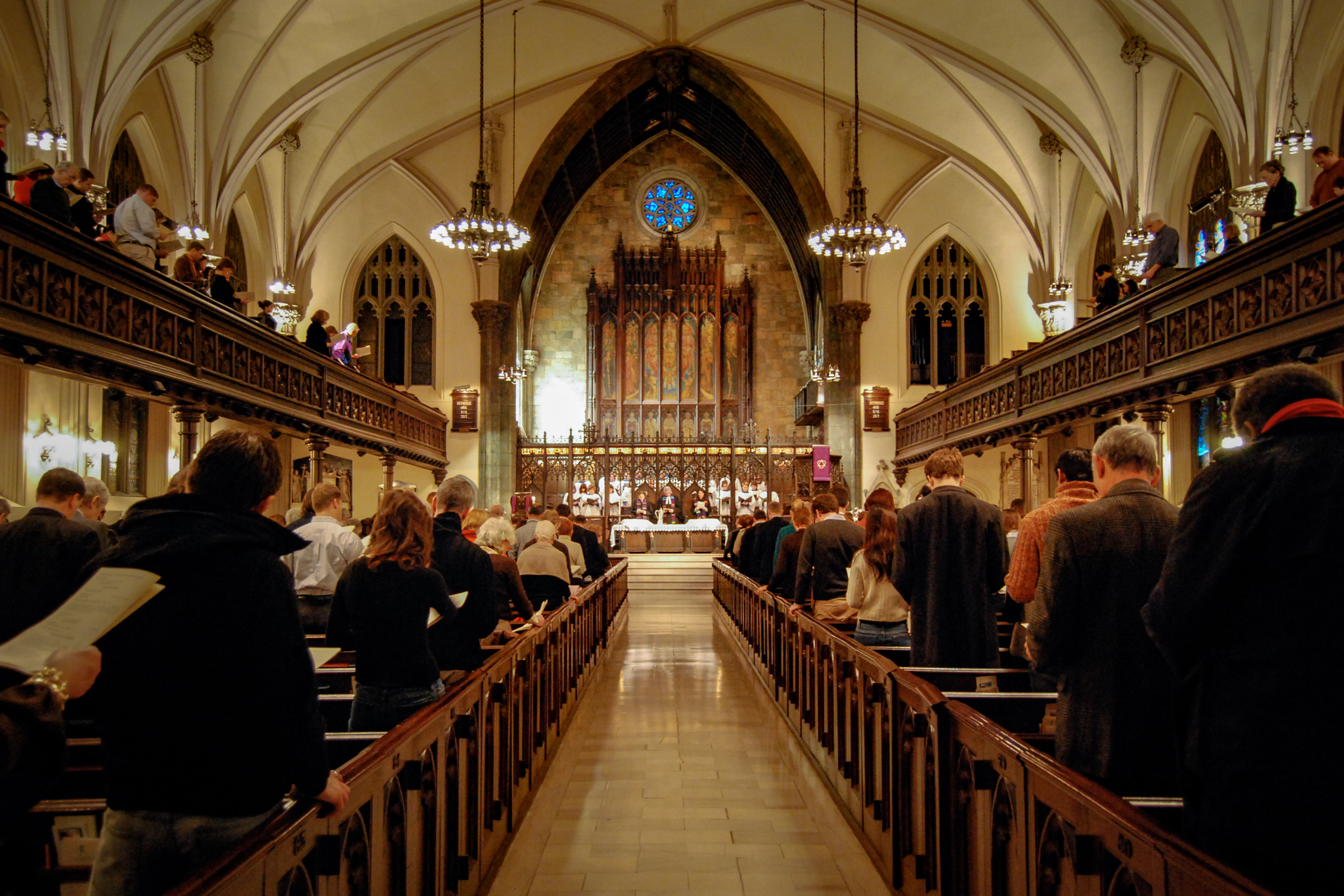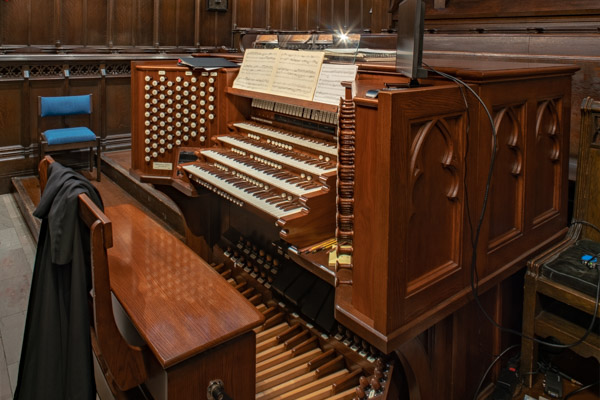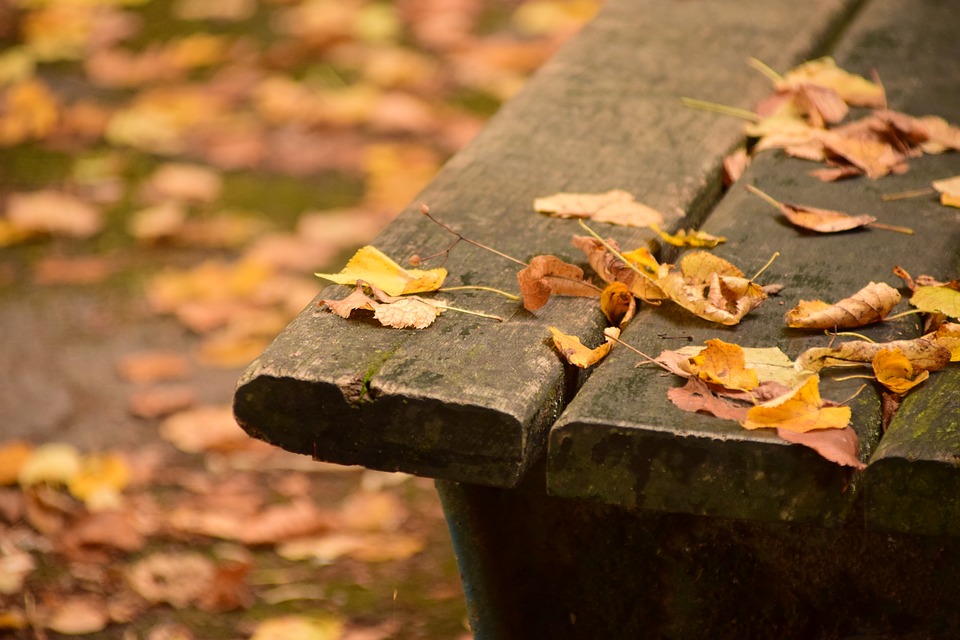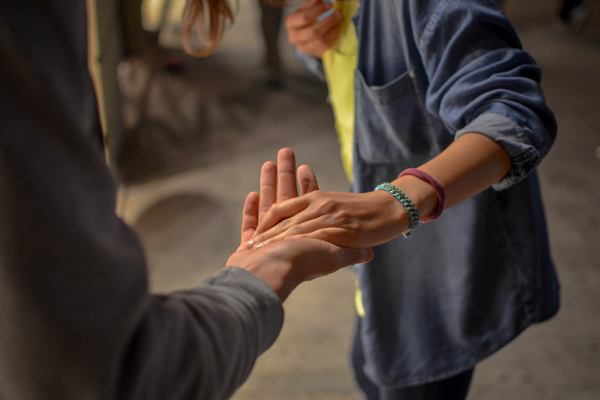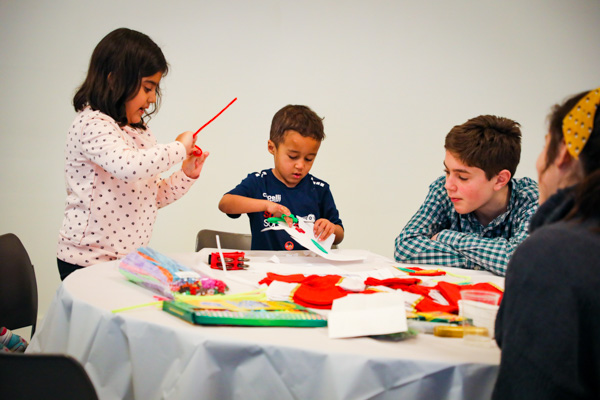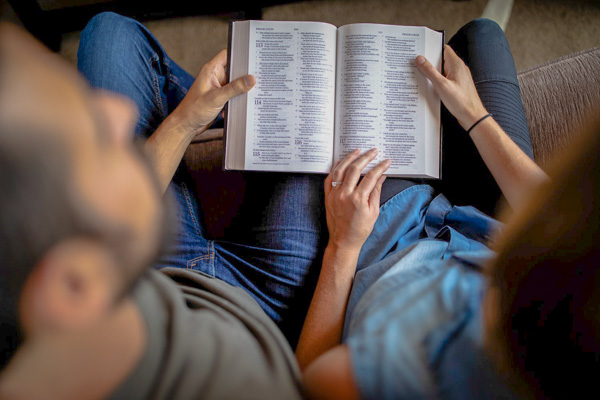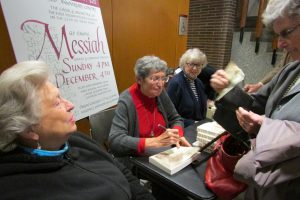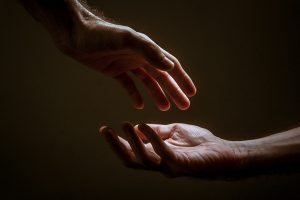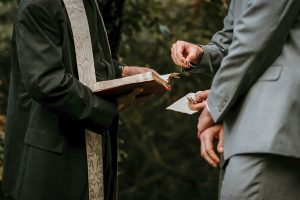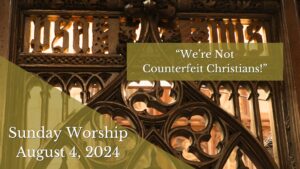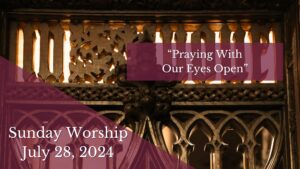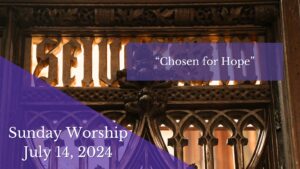In advance of Earth Week 2023, the First Presbyterian Church in the City of New York is deepening its commitment to environmental stewardship. Old First is pleased to announce that it is embarking on a long-range plan to green its facilities, and to reduce its endowment’s exposure to fossil fuel investments.
Media Contact: Sam Ogundare - [email protected]
In advance of Earth Week 2023, the First Presbyterian Church in the City of New York (Old First) is deepening its commitment to environmental stewardship. Old First is pleased to announce that it is embarking on a long-range plan to green its facilities, and to reduce its endowment’s exposure to fossil fuel investments. On Sunday, April 16, at 12:30 pm, it will also host a panel discussion entitled “Saving the Planet: An Ethical Imperative,” featuring renowned environmentalist Bill McKibben, New York City Council Member Erik Bottcher, Climate Museum Director Miranda Massie, Hudson Valley Environmental Justice Coalition Co-founder Rev. Gregory Simpson, and PC(USA) Committee on Mission Responsibility Through Investment Vice Chair Rev. Lindley DeGarmo. The discussion will follow the church’s 11:00 am worship service, at which Mr. McKibben will preach the sermon.
In the wake of the dire warnings issued in the latest report of the Intergovernmental Panel on Climate Change, Old First’s public commitment to supporting the low-carbon transition reflects a growing sense of urgency among members of the Presbyterian Church (USA) and faith communities around the world with regard to the climate crisis. “It is not lost on us that the climate crisis is a social justice crisis,” said Rev. Dr. Greg Stovell, Pastor and Head of Staff. “Although rising seas, extreme heat, and other severe weather bear down on the lives of people everywhere, it is well-documented that climate change disproportionately harms the poorest and most vulnerable. Caring for creation is an expression of our faith.”
Last year, the church’s Board of Trustees established Old First 2030, a long-range plan for enhancing the environmental efficiency of its buildings and grounds. “Old First is a certified Earth Care congregation,” said Kathie Young, Co-Chair of the church’s Earth Care Action Group. “This makes us part of a network of Presbyterian congregations that is committed to taking concrete action to live more sustainably with all of creation.” Over the last several years, the church has replaced its lighting with LED bulbs, eliminated its purchases of single-use plastics, obtained certification for its gardens by the National Wildlife Federation for providing habitat to local animals, begun composting its garden waste on site, and provided educational events on a broad variety of topics relating to environmental justice.
In addition to its building-level sustainability efforts, last year the church’s Investment Committee voted unanimously to begin reducing the endowment’s exposure to fossil fuel-linked investments by investing a portion of its portfolio in “green” equity and fixed income funds. “After careful consideration of our fiduciary obligations to generate the highest returns consistent with prudent risk and investment practices, the Investment Committee is pleased that the endowment’s reduced exposure to fossil fuel-linked investments reflects the shared goals of the Investment Committee and Earth Care Action Group.” said Roger Leaf, Chair of the church’s Investment Committee. The actions of Old First’s Investment Committee contribute to a movement of more than 1,500 religious institutions, nonprofits, universities, and other organizations that have either begun to reduce their exposure to fossil fuel-linked investments or divested from such holdings entirely.
“Although the global community has made progress in addressing climate change, the greenhouse gas emissions driving the climate crisis continue to rise,” said Nicky Ordway, President of the church’s Board of Trustees. “Our heart is in doing all we can to save what we can of creation.”

